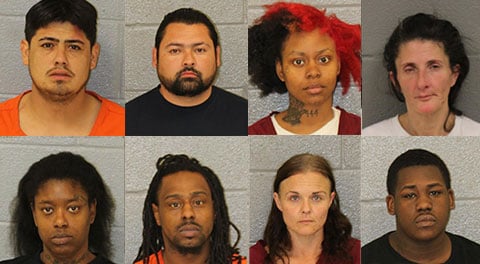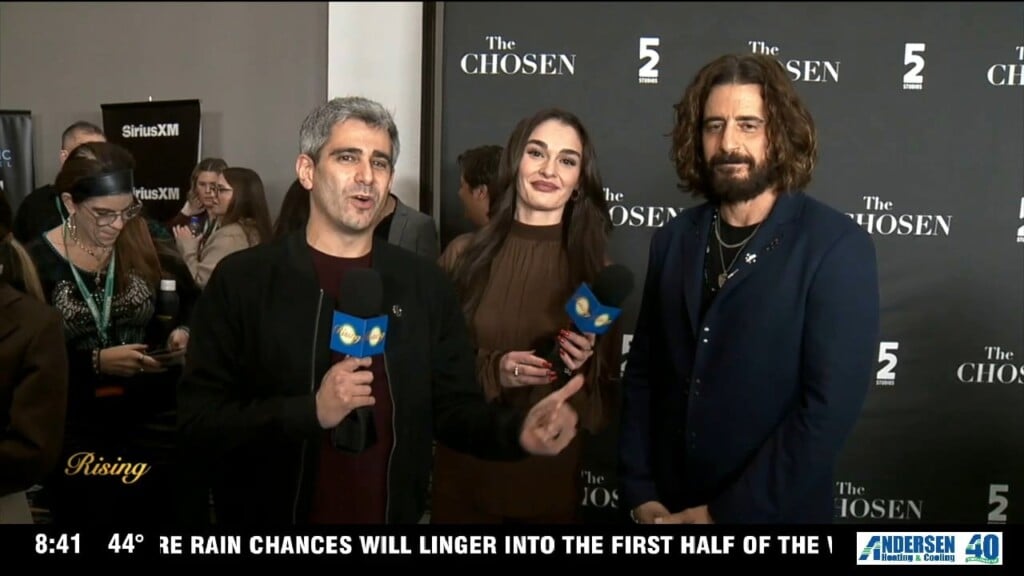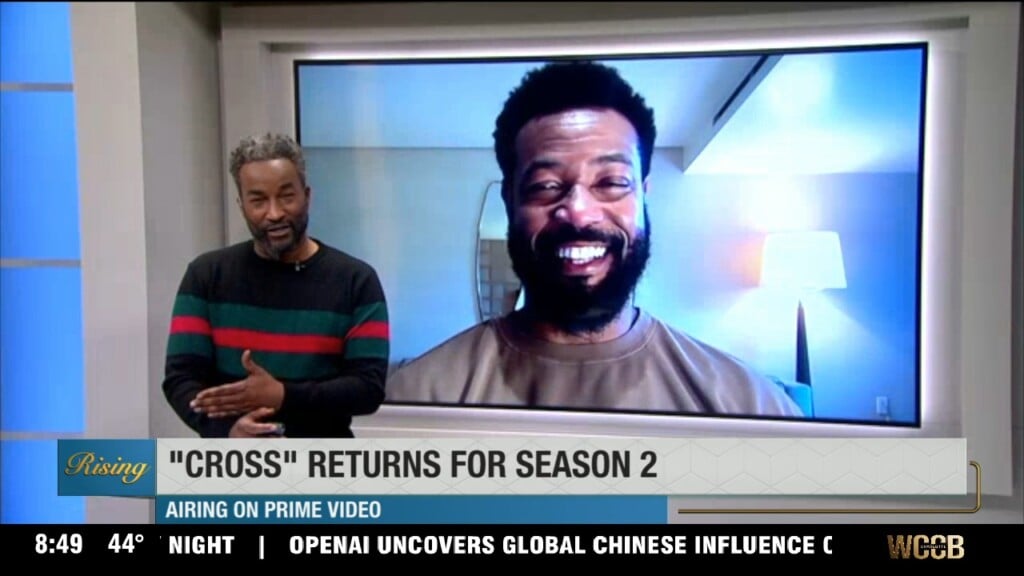Renewed Push to Make CRB Decision in Keith Scott Case Public
CHARLOTTE, NC — Is Charlotte’s process to hold police accountable skewed in favor of officers?
A citizens review board member asked that question during the Keith Scott hearing.
The CRB wants CMPD to make changes after Officer Brentley Vinson killed Scott last year.
With that e-mail on the process, there’s a renewed push to make the CRB’s recommendations public.
“I think, if the citizens review board is making recommendations about larger policy, by all means, those can be public, and I would argue they should be public,” said Julian Wright. “If the recommendations are as I understand the recommendations are going to be coming from the Citizens Review Board, are so intertwined with the specific facts of the case, that from the CRB perspective have to be protected as personnel records, then I don’t see any legal way for the CRB to be the one that discloses those records.”
Wright as been the CRB attorney since 1997. State law prevents the CRB from releasing the findings because it contains personnel information. Law ensures public employees’ personnel files are private.
That’s why the board’s hearings are private.
We know a member sent Wright an e-mail questioning whether the process was skewed in favor of police.
That’s because the board initially voted eight to two that Chief Kerr Putney may have been wrong in not punishing the officer who killed Ccott.
The process then requires a second hearing to give more evidence and hear attorneys cross examine witnesses.
That one ended with a split vote: four to four.
“The initial hearing process is merely an evaluation of documents, witness statements, videos, pictures, and clearly helpful and very eliminating, but not the same as the evidence that would be heard in making a final determination,” said Wright.
City council debated getting rid of the two step process in 2013 but decided most complaints against CMPD don’t require evidentiary hearings.
“To tell each of these volunteers every time somebody files a complaint with the city police department that they have to sit through and be judge and jury of a full blown evidentiary hearing would be asking a group of 11 volunteers to take on a pretty Herculean task,” said Wright.
Wright says the reason only eight members were present for the second Scott hearing was because two could not get out of work and one person missed too many meetings to attend. City ordinance says a member can’t miss more than two meetings. City ordinance also says the board only needs six members present to vote.




